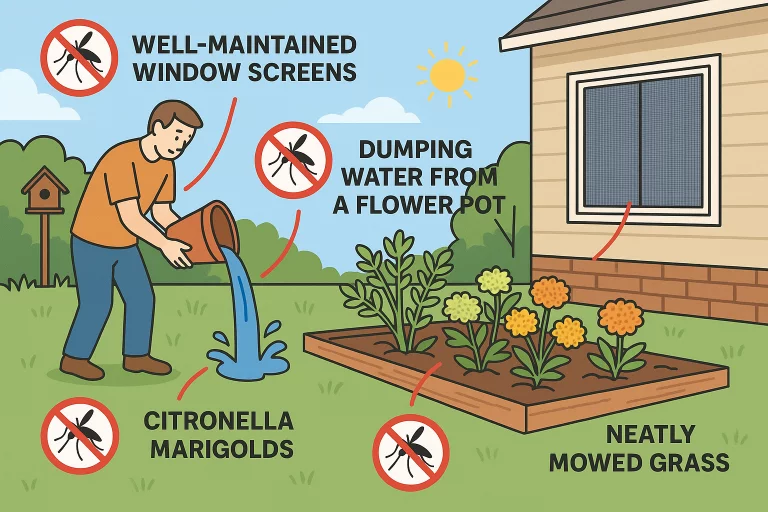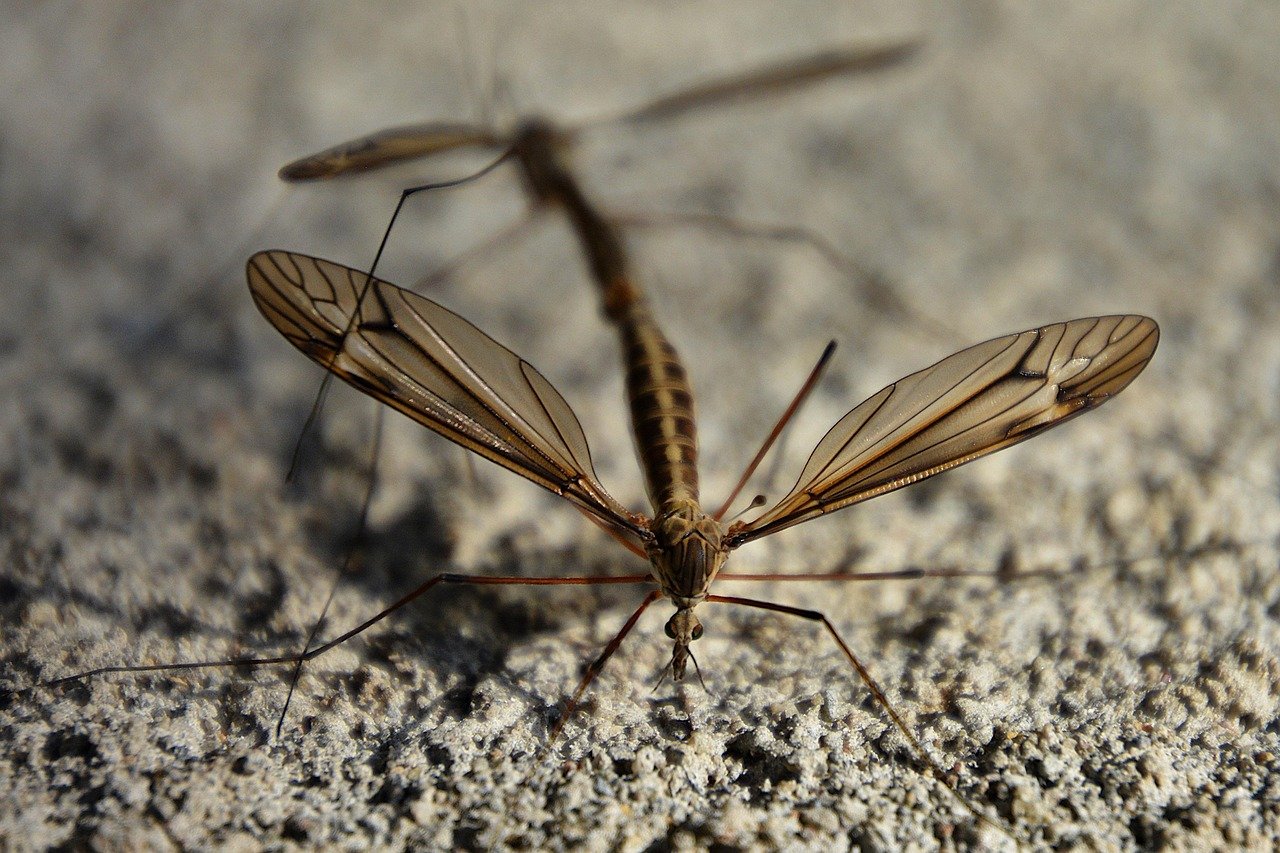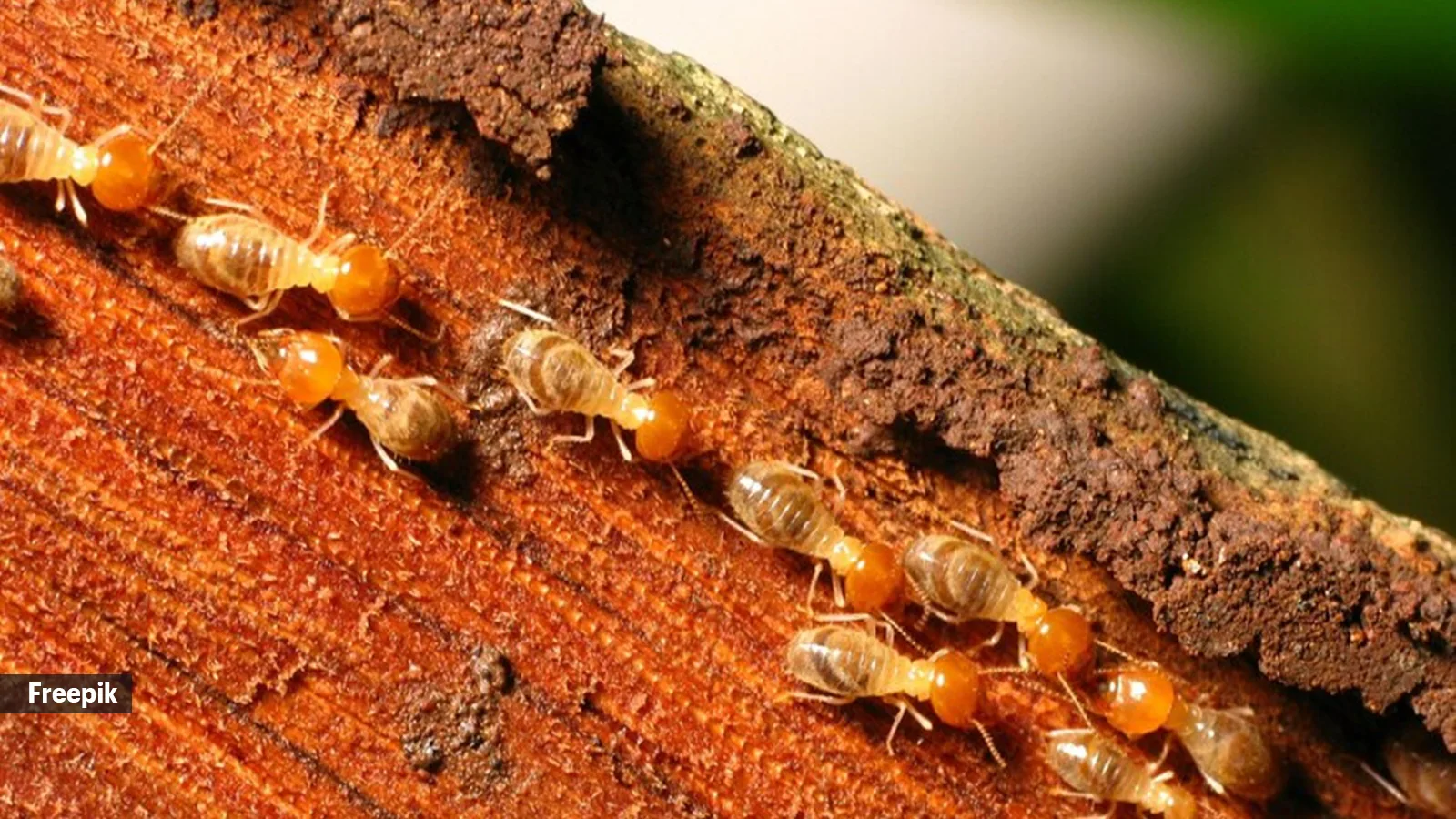Mosquitoes are among the most persistent and problematic pests, capable of transforming relaxing evenings on the patio or in your backyard into stressful, uncomfortable experiences. Their annoying bites can leave you itching for days. Still, the real danger is even greater: mosquitoes are notorious vectors for disease, spreading viruses such as West Nile, Zika, and Eastern Equine Encephalitis. With health and comfort at risk, homeowners everywhere are searching for expert solutions to manage and reduce mosquito populations. Fortunately, you don’t need to resign yourself to being bitten or rely solely on harsh chemicals. By adopting smart, proactive prevention habits and consulting reputable professionals, such as those specializing in mosquito control in Boston, you can create a safer and more enjoyable living space. This guide offers practical strategies for mosquito defense, including DIY interventions, supporting local ecosystems with natural predators, and engaging the community. It provides actionable steps for personal comfort and neighborhood-wide efforts to reduce disease risk. It is suitable for gardeners, parents, and those tired of itchy bites, offering solutions tailored for real results.
Eliminate Standing Water
The single most effective way to discourage mosquitoes from infesting your property is to break their breeding cycle by removing sources of standing water. Mosquitoes, particularly females, require stagnant water to lay their eggs, and even the smallest puddles can become breeding sites, as it’s not unusual for an old flowerpot or clogged gutter to harbor hundreds of larvae. It is essential to routinely inspect your property, searching for rain-filled containers, birdbaths, plant saucers, unused tires, and even small depressions in playground equipment or furniture covers. A diligent routine of dumping, scrubbing, or tightly covering these potential reservoirs prevents new generations of mosquitoes from developing. For items or locations that can’t be easily emptied, such as rain barrels or decorative ponds, use tight-fitting lids, mosquito dunks, or larvicidal treatments as recommended by public health experts. By actively keeping your premises devoid of exposed stagnant water, you’re making it inhospitable for mosquitoes to multiply and thrive, addressing the problem at its source.
Use Natural Repellents
Many homeowners seek out plant-based methods to avoid excessive exposure to chemical repellents, and certain herbs and flowers act as natural deterrents due to their strong aromas. Incorporating mosquito-repelling plants, such as citronella, lavender, basil, mint, and marigolds, into your landscaping can help establish a frontline defense around your home. Place planters or pots near high-traffic areas, such as doors, patio spaces, and windows, for maximum impact. During outdoor activities, rubbing the fresh leaves of citronella or lavender releases even more of the natural repellent properties, creating a more effective barrier. In addition to live plants, essential oils like lemon eucalyptus are recognized by agencies like the CDC for their mosquito-repelling properties. Dilute these oils properly and apply them to clothing, skin, or surfaces as an eco-conscious, people-friendly option. These natural approaches, when combined, enhance your home’s resistance to unwanted insects without posing harm to children or pets.
Maintain Your Yard
Good yard maintenance is about far more than curb appeal; it’s a powerful way to discourage mosquitoes by eliminating shelter and hiding places. Adult mosquitoes rest in shaded, damp areas while they’re waiting to feed. Tall grass, thick shrubs, and accumulations of leaves or debris all provide perfect cover for these pests throughout hot days. To make your yard less mosquito-friendly, mow the lawn often and keep vegetation well-trimmed. Remove or compost fallen branches, clear away piles of grass clippings, and address any debris left over from home improvement projects. Also, pay attention to irrigation and drainage systems, leaky hoses, low spots, or blocked gutters, which can create recurring damp areas that attract mosquitoes. By making your yard an inhospitable place for mosquitoes to hide or breed, you’re not only protecting your family but also reducing the overall pest pressure in your neighborhood.

Install Physical Barriers
Physical barriers remain a tried-and-true component of mosquito management, working continuously to keep bugs out. Regularly inspect and repair window and door screens; even a single tear or gap can allow dozens of mosquitoes to enter. In regions or seasons where mosquitoes are especially active, consider using fine-mesh screens that block even the smallest species. For nights outdoors or in areas with high mosquito activity, mosquito nets are highly effective and easy to install above beds, cribs, hammocks, or outdoor seating areas. Even lightweight pop-up tents for children’s play areas can provide a secure, bite-free environment. By integrating these physical barriers into your home and relaxation spaces, you’ll enjoy fresh air and cooler temperatures without the nuisance or health risks associated with mosquitoes.
Encourage Natural Predators
Your backyard is a vital part of the ecosystem, with birds, bats, dragonflies, and aquatic fish serving as natural predators of mosquitoes. To enhance mosquito control, consider making your property more welcoming to these beneficial species. Install birdhouses or plant plants that provide cover and food for these birds. Mount a bat house on a pole or barn for safe roosts. In ponds or water gardens, add goldfish or native mosquito fish to control larvae and populations before they reach adulthood. A diverse, healthy backyard balances mosquito-fighting strategies, benefiting both your family and local wildlife.











